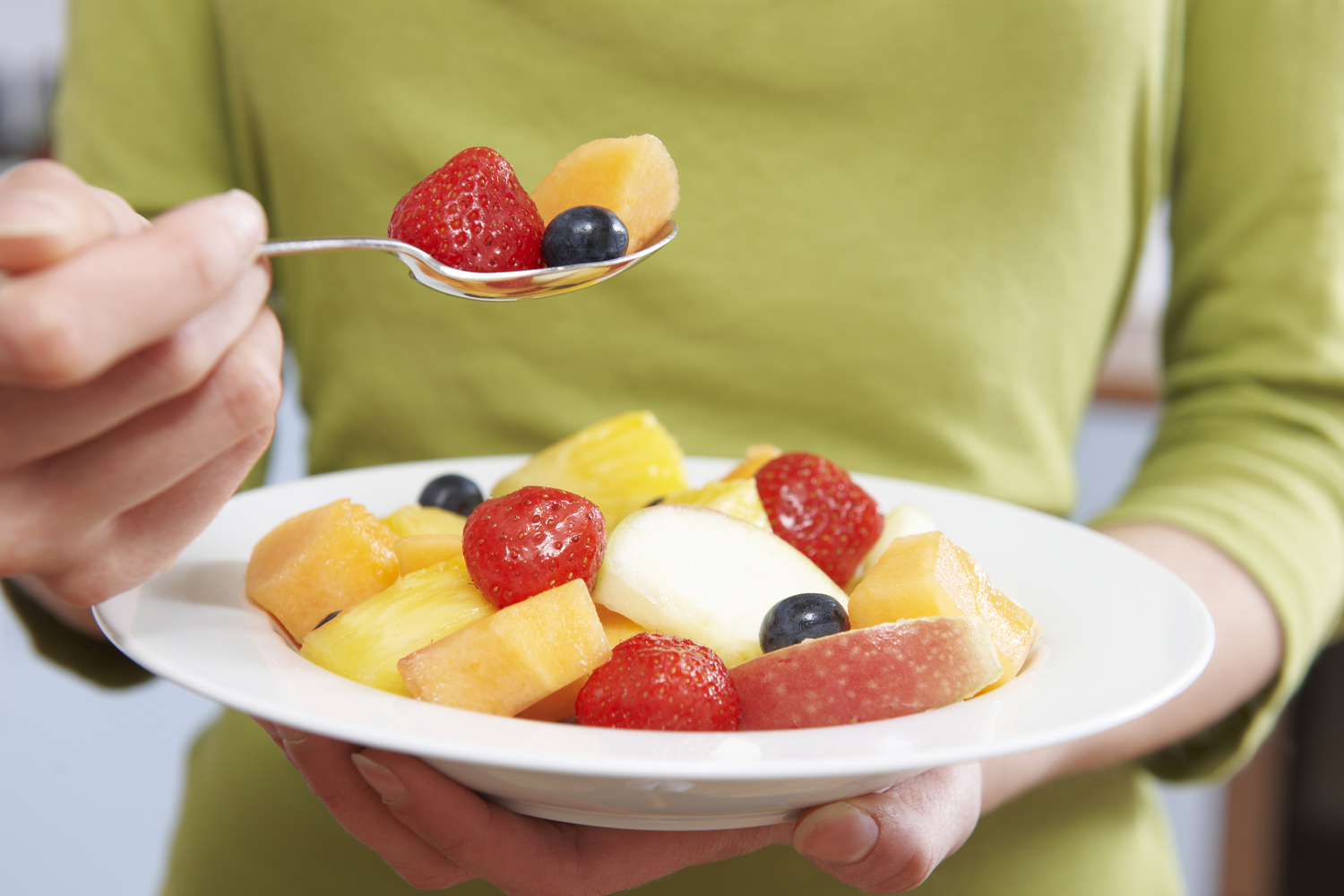
Diet Plans Suitable for IBS
Irritable Bowel Syndrome (IBS) is a medical condition in which there are dramatic changes in bowel movements, leading to diarrhea and constipation. Cramps and abdominal pain are some other symptoms of this condition, and making certain dietary and lifestyle changes can help alleviate them. Here are some of the best and worst foods for IBS:
1. High-fiber diet
Fiber is an integral ingredient of a healthy diet. It adds bulk to the stool, which helps in bowel movement. An adult needs to have about 20-35 grams of fiber daily. It might sound less, but in reality, an adult-only consumes 5-14 grams per day on average. Include fiber-rich food like fruits, vegetables, and whole grains in the diet as they help prevent constipation.
If one experiences bloating with these foods, they should switch to sources of soluble fiber in the form of fruits and vegetables instead of grains. In case of gas and diarrhea, insoluble fiber can cause further irritation, so it is essential to eliminate insoluble fiber and focus on soluble fiber like tomatoes, raisins, cabbage, whole grains, and nuts.
2. Gluten-free diet
Gluten is an ingredient found in grain products like pasta and bread and can damage the intestine for gluten-intolerant people. Also, a lot of IBS patients are sensitive to gluten, so it is best to have a gluten-free diet. Avoid eating rye, whole wheat, and barley. If one loves bread, pizza, and pasta, they should find gluten-free options.
3. Elimination diet
At times, it is best to eliminate certain foods for IBS to see what effect they have on the body. Ideally, completely remove them from the diet for a period of 12 weeks at a time, and if the symptoms of IBS are improving by not having those food items, cut them out completely. It has been observed that coffee, chocolate, insoluble fiber, and nuts affect people with IBS.
4. Low-fat diet
Excess consumption of fatty foods has been a known trigger, and avoidance of such foods are good for IBS patients. Usually, high-fat food is low in fiber and can increase constipation. Avoid fatty foods like red meat, fried food, excess cream, and cheese. Instead of eating such food items, focus on lean meat, grain, low-fat dairy products, and fruits and vegetables. These foods are ideal for managing the symptoms of IBS.
5. Low FODMAP diet
Fermentable Oligosaccharides, Disaccharides, Monosaccharides, And Polyols (FODMAPs) are carbohydrates that are difficult for the intestine to digest. They pull more water into the bowel, leading to bloating and diarrhea. It is recommended to restrict their consumption for 6-8 weeks.
Here are some of the foods to avoid under this category:
- Lactose products like milk, cheese, ice cream, and yogurt
- Some fruits like peaches, watermelon, plums, pears, mangoes, and apples
- Legumes
- High-fructose corn syrup and sweeteners
Wheat-based bread, cereals, and pasta - Nuts like cashews and pistachios
- Some vegetables like artichoke, asparagus, cauliflower, mushrooms, broccoli, onions, and brussels sprouts


